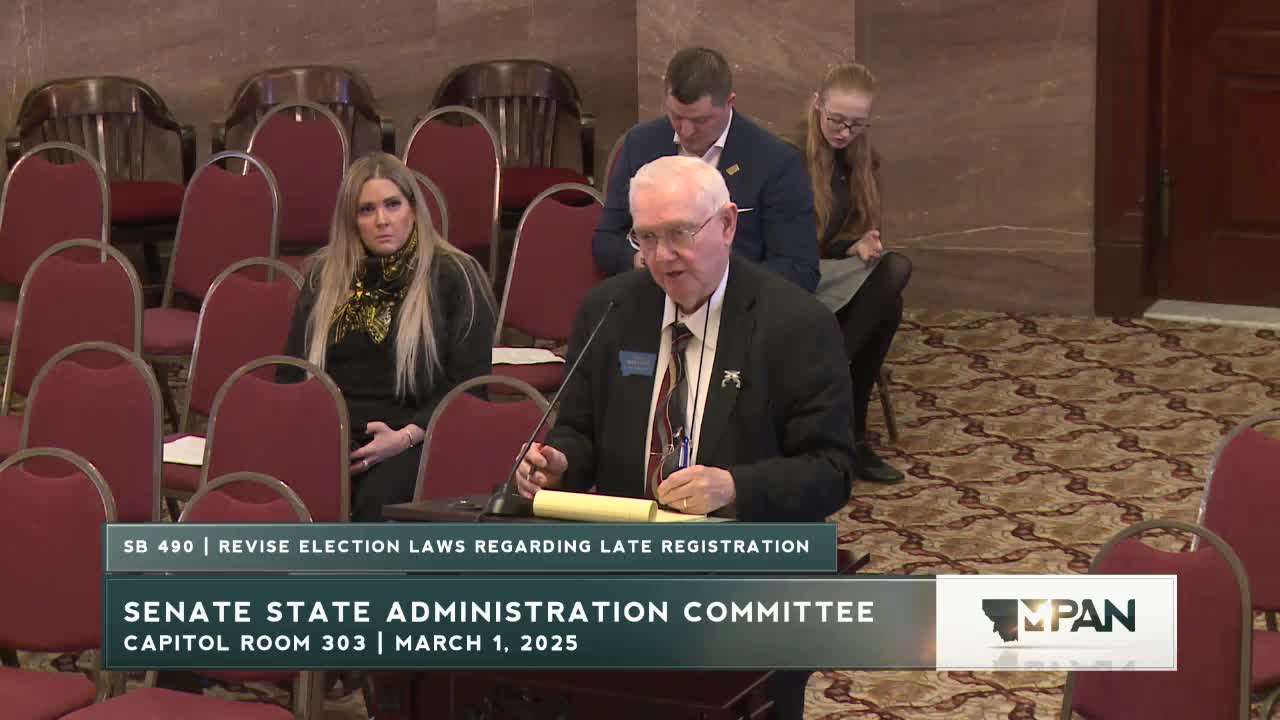Tribal consultation bill draws bipartisan support and agency questions about implementation
Get AI-powered insights, summaries, and transcripts
Subscribe
Summary
Senate Bill 379 would codify a definition of tribal consultation for state agencies and require agencies to designate a tribal liaison and adopt consultation policies. Tribal leaders and advocates urged passage; some agency officials said they already do similar work or that implementation varies by agency footprint.
Senate Bill 379, sponsored by Senator Susan Weber, would add a statutory definition of ‘‘tribal consultation’’ and require state departments and agencies to develop written consultation policies, designate a tribal liaison and report on consultation practices.
Proponents said the measure would strengthen government-to-government relations and improve agency planning. Patrick Yawaki, testifying for multiple tribes, said the bill would foster ‘‘regular communication… in a respectful way’’ and urged a do-pass recommendation. Imani Kindness Coleman, a Crow tribal citizen, told the committee that better-resourced tribal-liaison positions and clear processes would reduce mistakes and improve outcomes in areas ranging from education to Medicaid and child-welfare services.
Several agency officials testified as informational witnesses. Commissioner Sarah Swanson of the Department of Labor and Industry described a recently created office-level tribal liaison she said the agency had funded using existing resources; she said the department’s experience shows dedicated positions can meaningfully improve readiness and outreach in tribal communities. Chris Dorrington, a director at the Department of Transportation, said the agency frequently works directly with tribal governments through district administrators and environmental and engineering staff and that a single centralized liaison would not necessarily fit DOT’s structure.
Committee members asked about costs, whether one omnibus policy across executive agencies would be appropriate, and how the bill would interact with existing reporting requirements. Witnesses said many agencies already do consultation in some form but that practice is uneven. The bill’s sponsor and tribal advocates said the statutory definition and minimum reporting and liaison requirements would standardize practice without mandating a single model for all agencies.
No formal executive action on SB 379 was recorded in the transcript for that hearing block.
What’s next: The committee closed the hearing on SB 379 after testimony and questioning; the bill remains in committee for further action.
Speakers quoted are recorded verbatim from the committee transcript.
